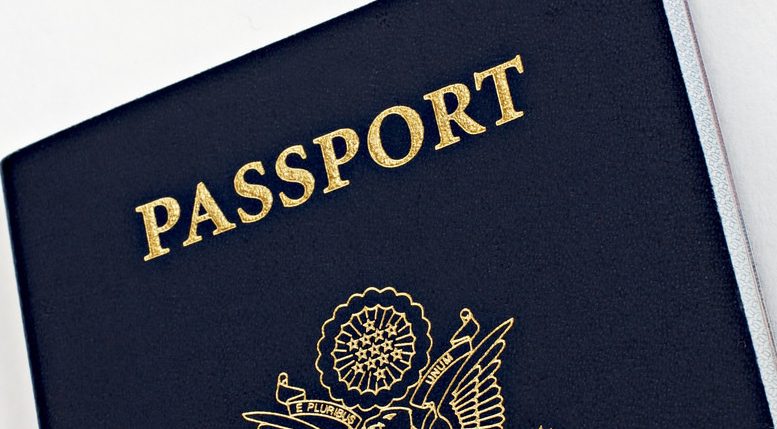Due diligence has been one of the most important pillar stones of the CBI industry. The importance of due diligence checks cannot be stressed. Citizenship consultants promoting CBI schemes are required to do a basic due diligence checks on applications received.
Having a in-depth understanding on due diligence, will not only ease the pressure on Governments but also help to identify high risk applicants applying for CBI schemes. Poor due diligence checks will lead to refusal from CIUs and high application refusal rate from CIUs, pose bad reputation for agents for bringing high risk applicants.
Pre-due diligence and post-due diligence are equally important. Due diligence is not a one-time task.
The following are some of the important basic due diligence checks CBI agents must do:
- Know Your Customer (KYC): Thoroughly check all the application documents of main applicant including all family members. Birth certificate, marriage certificates are the most important documents, must be authenticated with Apostille. Any inconsistencies must be checked with the nearest embassy/consulate.
- Know Your Customer Customer (KYCC): For companies and businesses, check all the corporate documents, licenses, financial statements and do a KYCC on customers of the company (invoices etc). Entities operating from offshore jurisdictions needs a closer look. Must check the company status from online company registrar databases such as Dun and Bradstreet (DNB) or Kompass.com. For due diligence check on chinese companies, see here
- Passports: Check the passport stamps and visas to see where he has traveled (any high risk countries?). If he is a dual citizen, check the Place of Birth (POB) in all passports. This field never changes, no matter where he lived or acquired different passports.
- Sanctions: There is a high risk accepting CBI applications from countries hit by OFAC sanctions, EU sanctions. Check with CIU’s. You can cross check individuals and entities from sanction databases. OFAC maintains a database here
- Online and Social media checks: Your client could just be a high profile client or HNWI. Do a quick google search on your client, look through social media such as twitter, facebook and linkedin.
- Anti-Money Laundering (AML): Verify the sources of funds from the customer, such as bank statements, investments, inflow and outflow of funds between countries. According to Basel AML Index, Iran and Afghanistan are top high risk countries.
- Bitcoin: Do you accept Bitcoin? If yes, your clients must adequately prove legitimate source of coins. check for the origin of coins. Chances are bitcoins could have been acquired by hacking, stealing or could come from high risk sanction countries such as North Korea, Iran or Venezuela. You can track/verify the transactions on https://www.blockchain.com/
Red flags
Watch out for these red flags, needs a closer look.
- Visa refusals : Visa refusals are considered high risk for CBI programs, deserves a closer look on why visa was denied by the consulate. CIUs may refuse citizenship applications, because of the visa waiver agreements. Check for visa refusals and ESTAs from United States, United Kingdom, Canada, Australia, EU member states.
- Name Change: Change of name needs a closer look.
- Rush in applying for citizenship: Some clients show a sudden rush in applying for CIPs, which is a potential red flag. They deserve a special attention.
- Lack of documentation such as inability to obtain police certificates, which is needed from every country they have lived in the past ten years.
Enhanced Due Diligence
Enhanced due diligence (EDD) must be applied for high-risk customers. Check customer poses a higher risk because of the customer’s business activity, ownership structure, anticipated or actual volume and types of transactions, including those transactions involving higher-risk jurisdictions
- Purpose of applying for second citizenship.
- Source of funds and wealth.
- Individuals with ownership or control over the account, such as beneficial owners, signatories, or guarantors.
- Occupation or type of business (of customer or other individuals with ownership or control over the account).
- Financial statements.
- Banking references.
- Domicile (where the business is organized).
- Proximity of the customer’s residence, place of employment, or place of business to the bank.
- Description of the customer’s primary trade area and whether international transactions are expected to be routine.
- Description of the business operations, the anticipated volume of currency and total sales, and a list of major customers and suppliers.
- Explanations for changes in account activity.
For more information,US Government has an online manual for customer due diligence here





